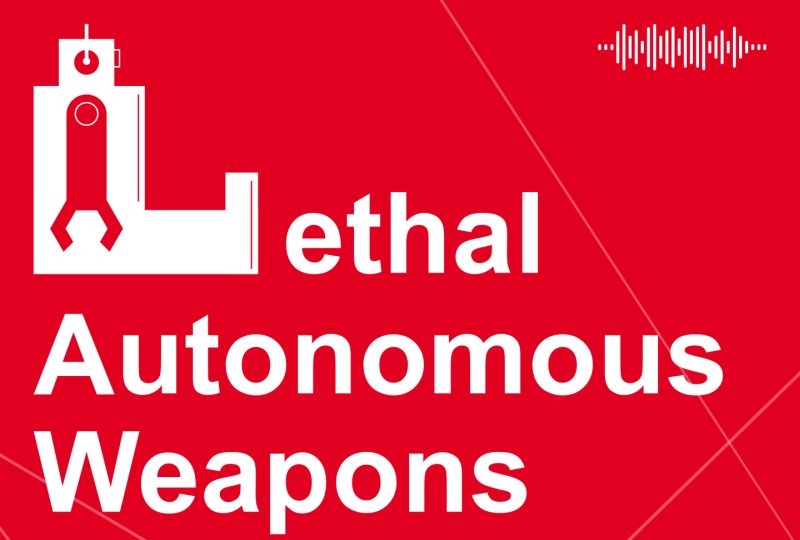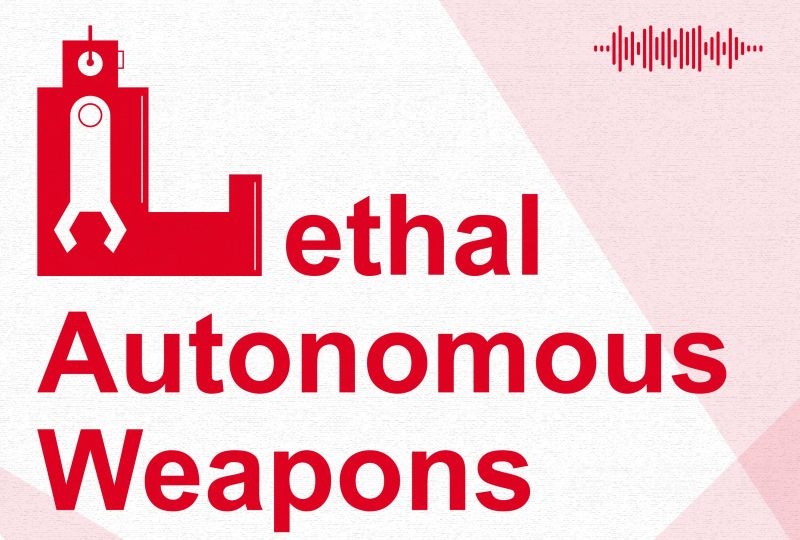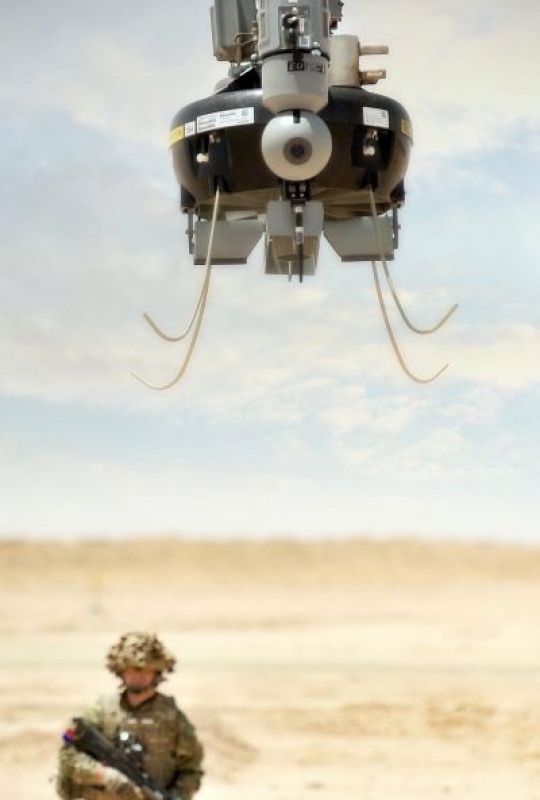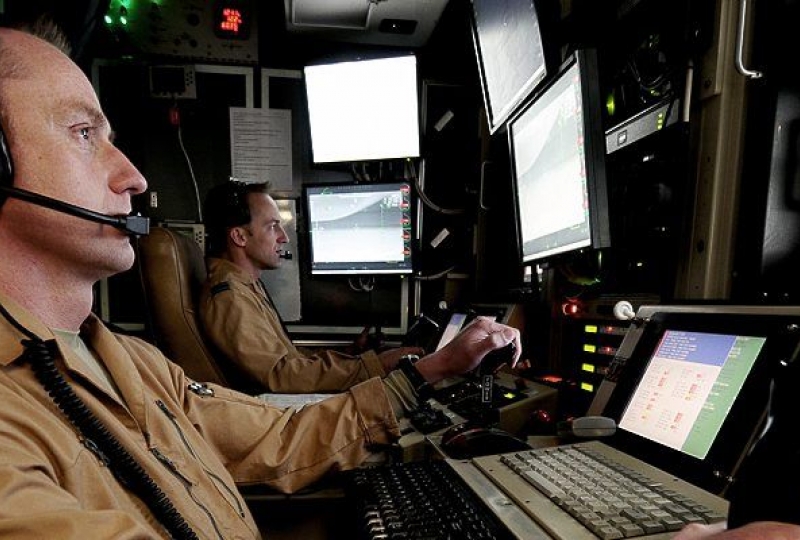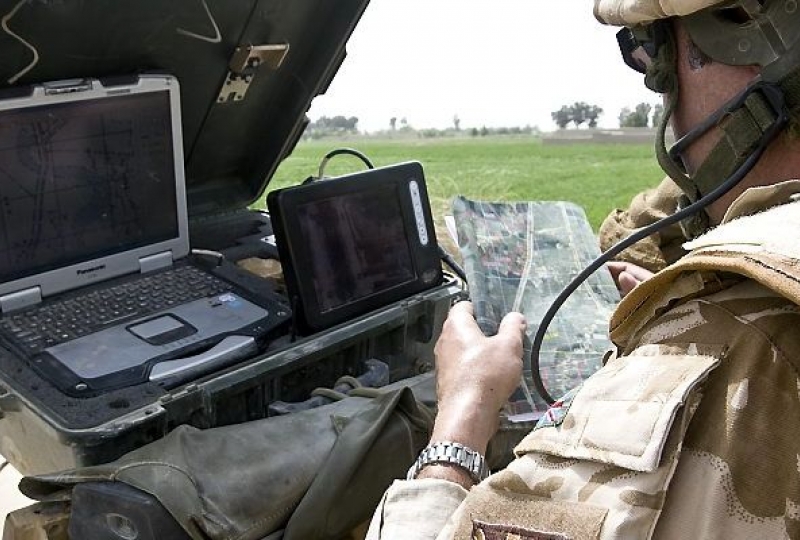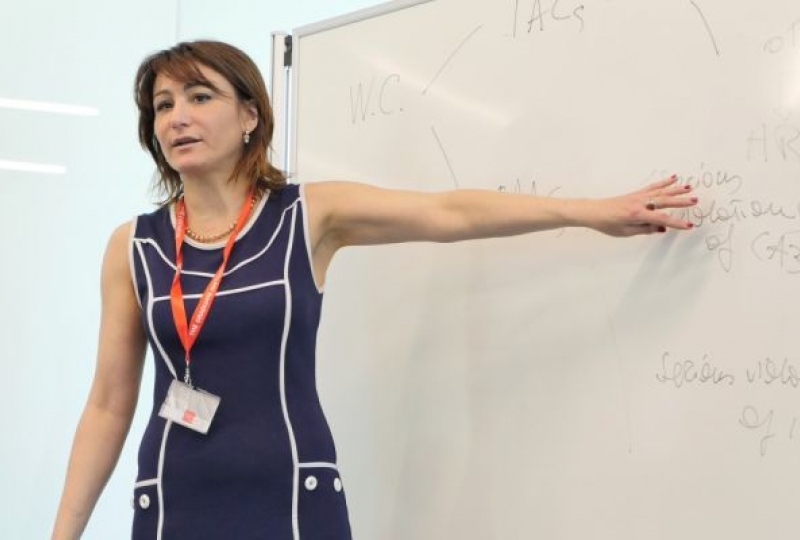The 10 episodes are of interest to students, practitioners, researchers and all those who want to enhance their knowledge of thorny issues related to the development and use of LAWS.
For instance, the podcast discusses issues such as the concept of autonomy in weapon systems, the compatibility of LAWS with international humanitarian law (IHL), of the question of the attribution of responsibility in case of failures of autonomous weapons, whether LAWS are ethical, and the respect for human rights when LAWS are used in law enforcement operations.
‘This podcast series has an interview format, and we get to talk to amazing people on burning questions related to algorithmic warfare and the development of lethal autonomous weapons. It will enrich the knowledge and curiosity of all those who want to enhance their understanding of the scope, implications and risks of increasing autonomy in weapons systems’ explains Professor Gaeta.


